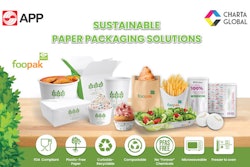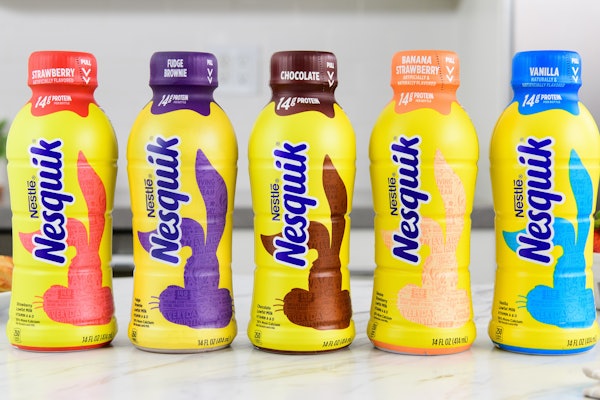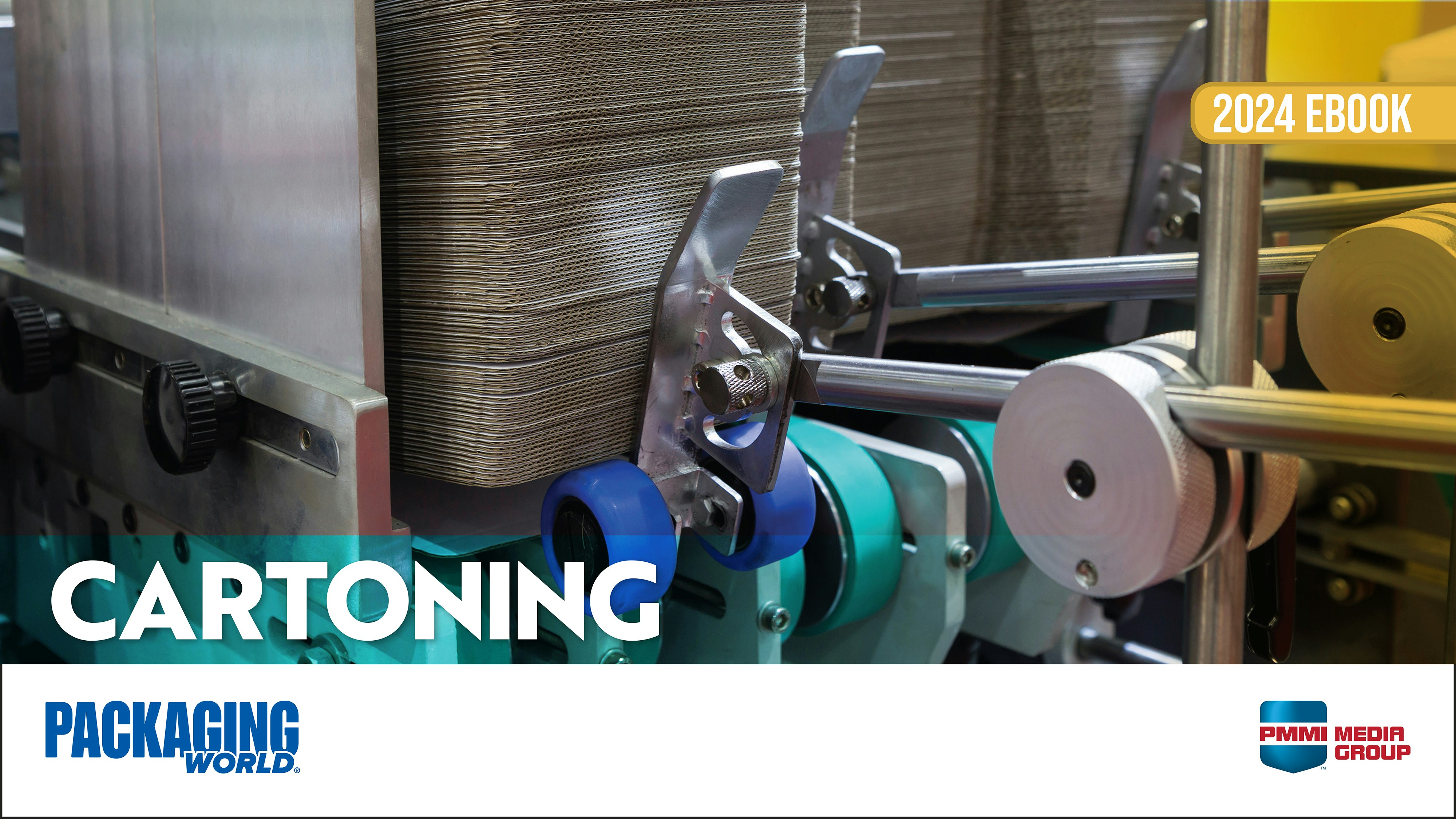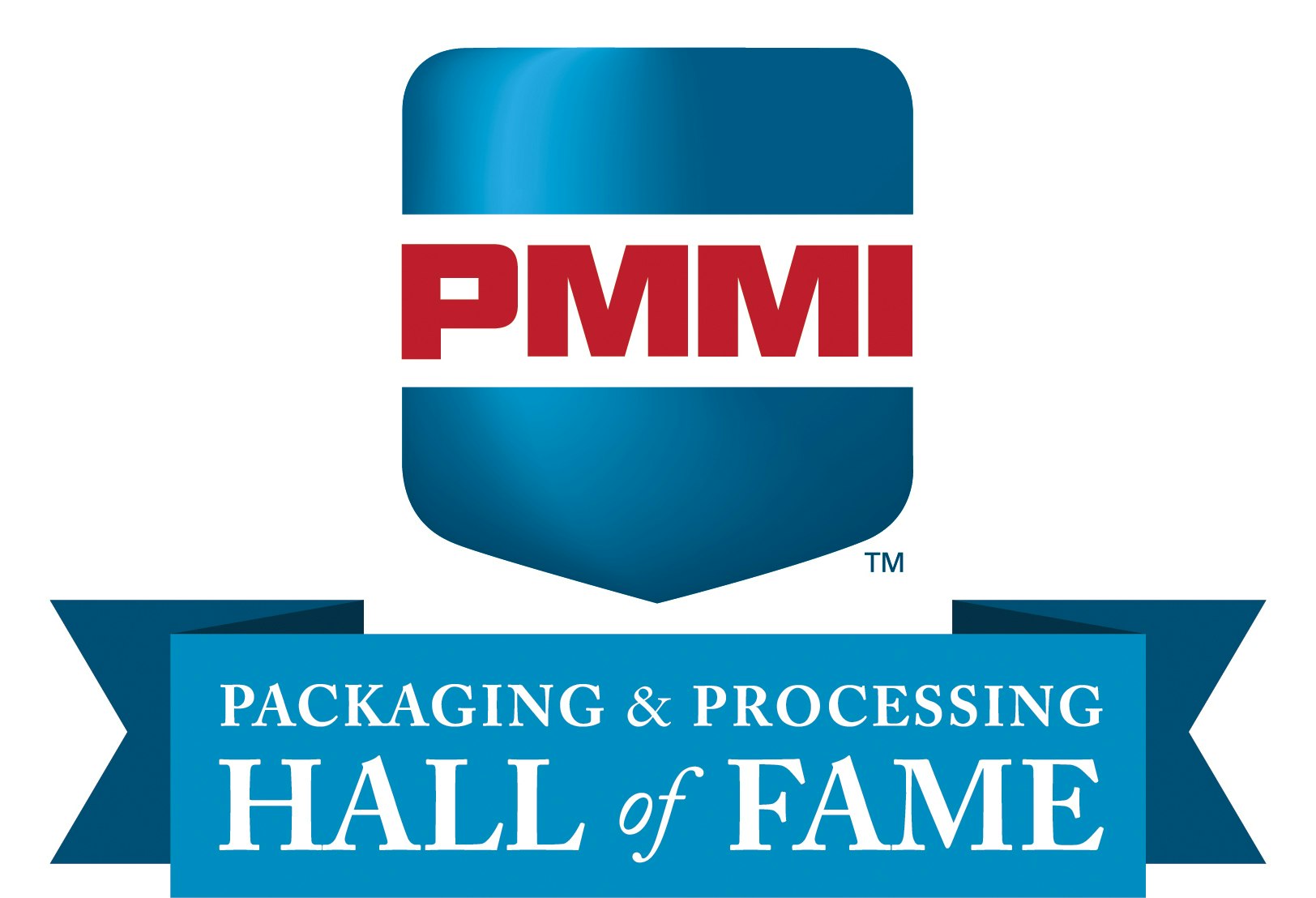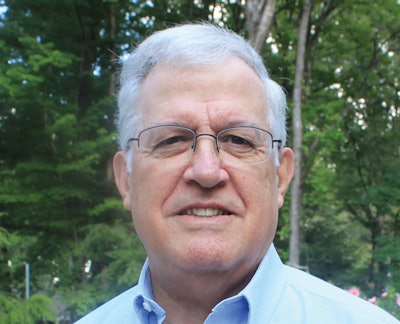
We questioned whether its NGO/government/industry approach could succeed in the U.S., which currently does not have “a strong central government agency overseeing, much less advocating for, environmental issues.”
The column (found at pwgo.to/3856) missed a larger point, writes one reader—hat focusing on the waste problems of plastics fails to recognize the challenges of post-consumption paper, metal, and glass packaging materials.
The letter moves us to direct this column’s future attention to pro-environment initiatives undertaken in the packaging and processing communities. Three recent efforts are worthy of note:
• Semi-rigid SUP: Procter & Gamble’s in-house-developed AeroFlexx, formerly branded as Air Assist, is a form-fill-seal liquid dispensing stand-up pack (SUP) that recently drew Diamond Packaging Award distinction from Dow (read more at pwgo.to/3858). Compressed gas inflates the SUP’s frame, lending structure and stability to the container. The lightweight SUP uses 50% less plastic than an equivalent-volume blow-molded bottle.
• Building on cartons: Material Recovery, LLC is converting plastic-coated gabletop and aseptic food and beverage cartons into building materials. The company expects to convert 20 million pounds of cartons annually when a new manufacturing facility under construction in Colorado is fully operational. Performance of the new materials is claimed to be as good, or better, than traditional building materials.
• Quiet achiever: A certifiably compostable snack bag, jointly developed by PepsiCo and Danimer Scientific to be “comparable in feel, noise, and performance” to PepsiCo’s current bags, won a 2018 Innovation in Bioplastics award from the Bioplastics Div., Plastics Industry Association (read more at pwgo.to/3857). PepsiCo has a goal of making all of its packaging recyclable, compostable, or biodegradable by 2025.
Reader viewpoint:
Dear Ben and Packaging World,
There has been a crescendo-like focus these last several months, on the issues and problems inherent in the disposing and/or recycling of post-consumer material in the plastics packaging supply chain. A prime and articulate example is your column [The Insider] in the August 2018 issue of Packaging World.
The mantra appears to be that if we can “reuse, recycle, or compost,” we will resolve a wide-ranging series of environmental problems impacting our industry and our planet, including most noticeably “Ocean Waste.”
But, the key fact is that we in the plastic packaging industry are, ourselves, part of an even greater whole; and the problem with addressing the issues inherent in any portion of an integrated supply chain (e.g., plastic packaging) is that it ignores the folks and business units both antecedent and subsequent to that defined portion of the supply chain. For example:
• What about the antecedent participants such as the chemical companies and the resin suppliers for whom the 100% successful implementation of the proposed plastic packaging “solutions” would eliminate entire business segments?
• Or, [what about] the subsequent participants (e.g., waste management technology developers or organizations) who would face a similar fate, although perhaps somewhat less drastic if their expertise could be incorporated in the reuse, recycle and
composting solutions proposed for the plastic packaging industry?
In other words, the allegedly benign (nay, ‘beneficial’) solutions proposed for the plastic packaging industry must also consider the manner in which our industry fits into the entire global integrated supply chain.
It may be that such a broad definition of our integrated world is simplistic and self-defeating. When considering the plastic packaging industry (or indeed any other integrated industry supply chain segment), a perfect solution will always disrupt someone.
But, at the very least, we should acknowledge that the solutions we are proposing for the plastic packaging industry are self-serving. In a fully integrated world, somebody will always pay the piper. Somebody’s ox will always get gored. Who makes that decision?
Regards,
Gordon J. Bockner, President
Business Development Associates
Ben Miyares, Packaging Sherpa, is a packaging market and technology analyst and is president of The Packaging Management Institute, Inc.
He can be reached at [email protected].



